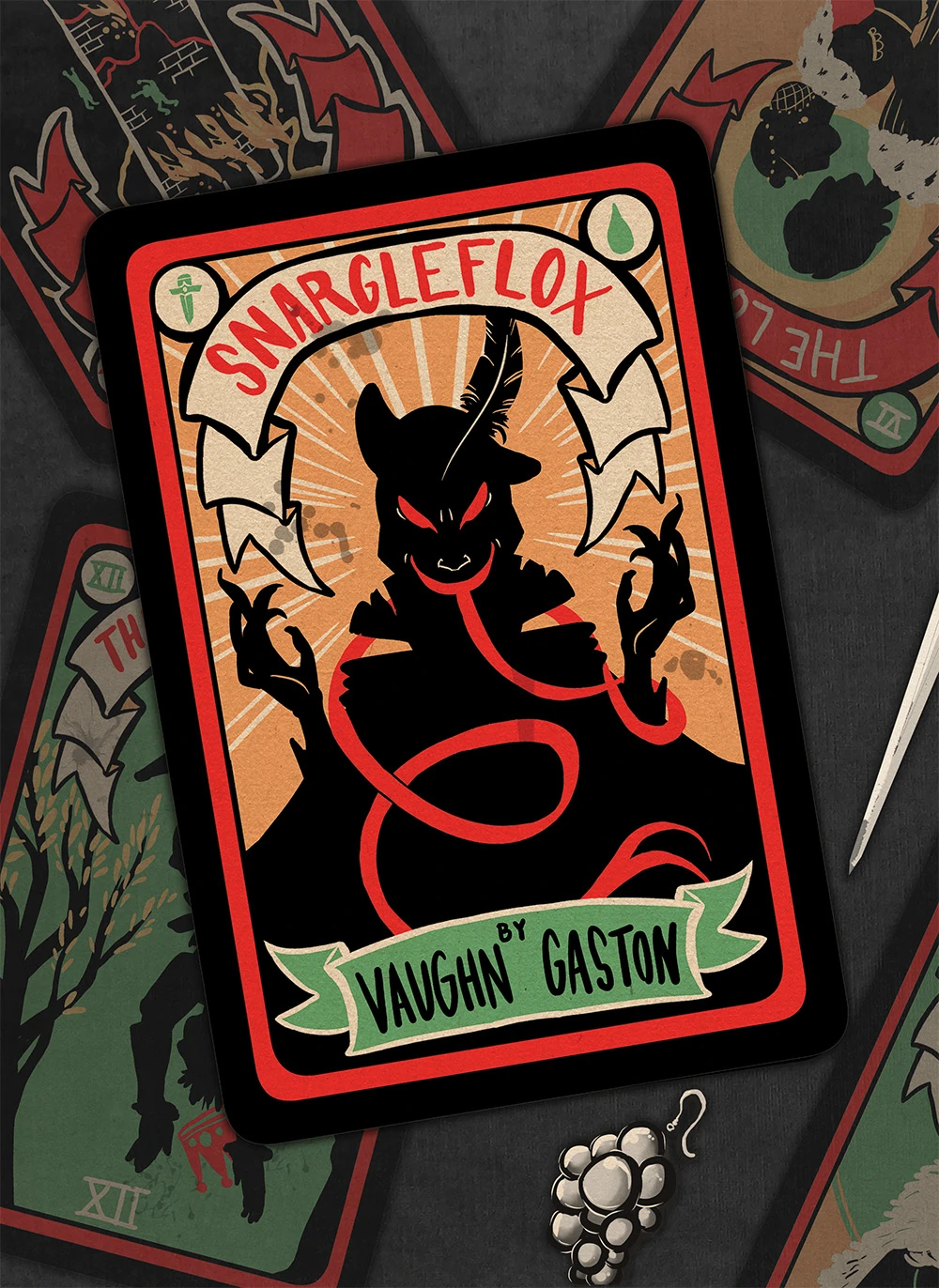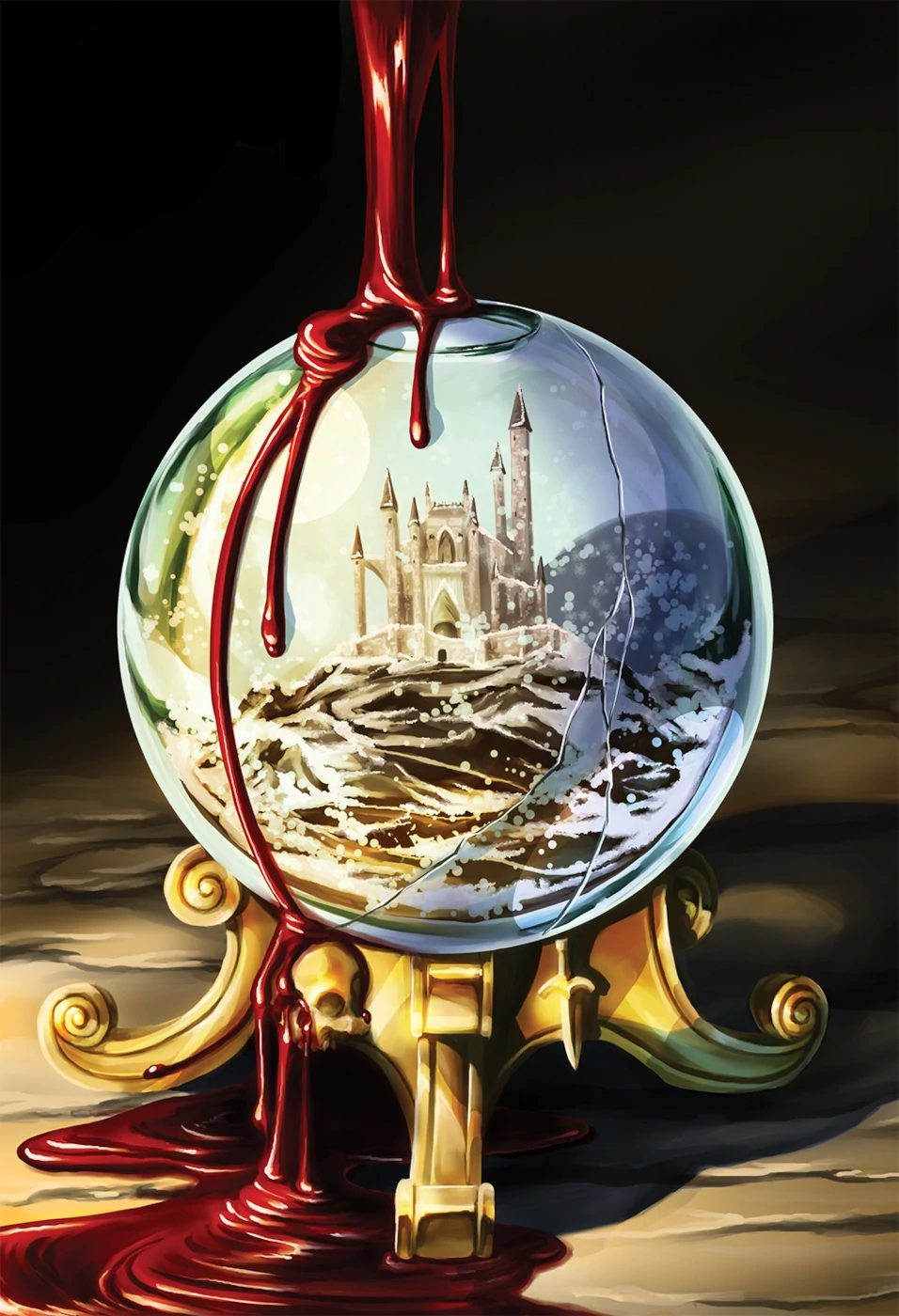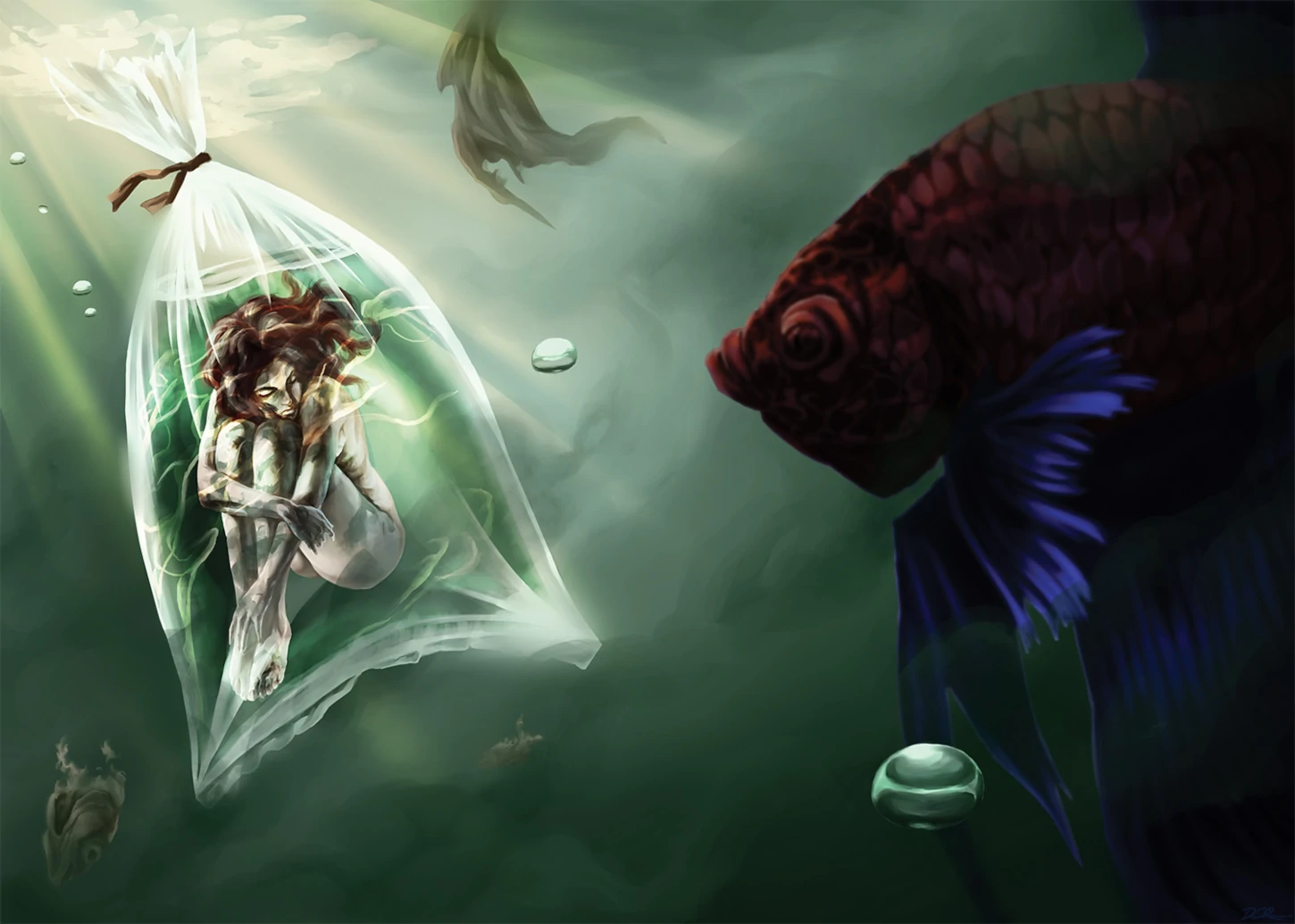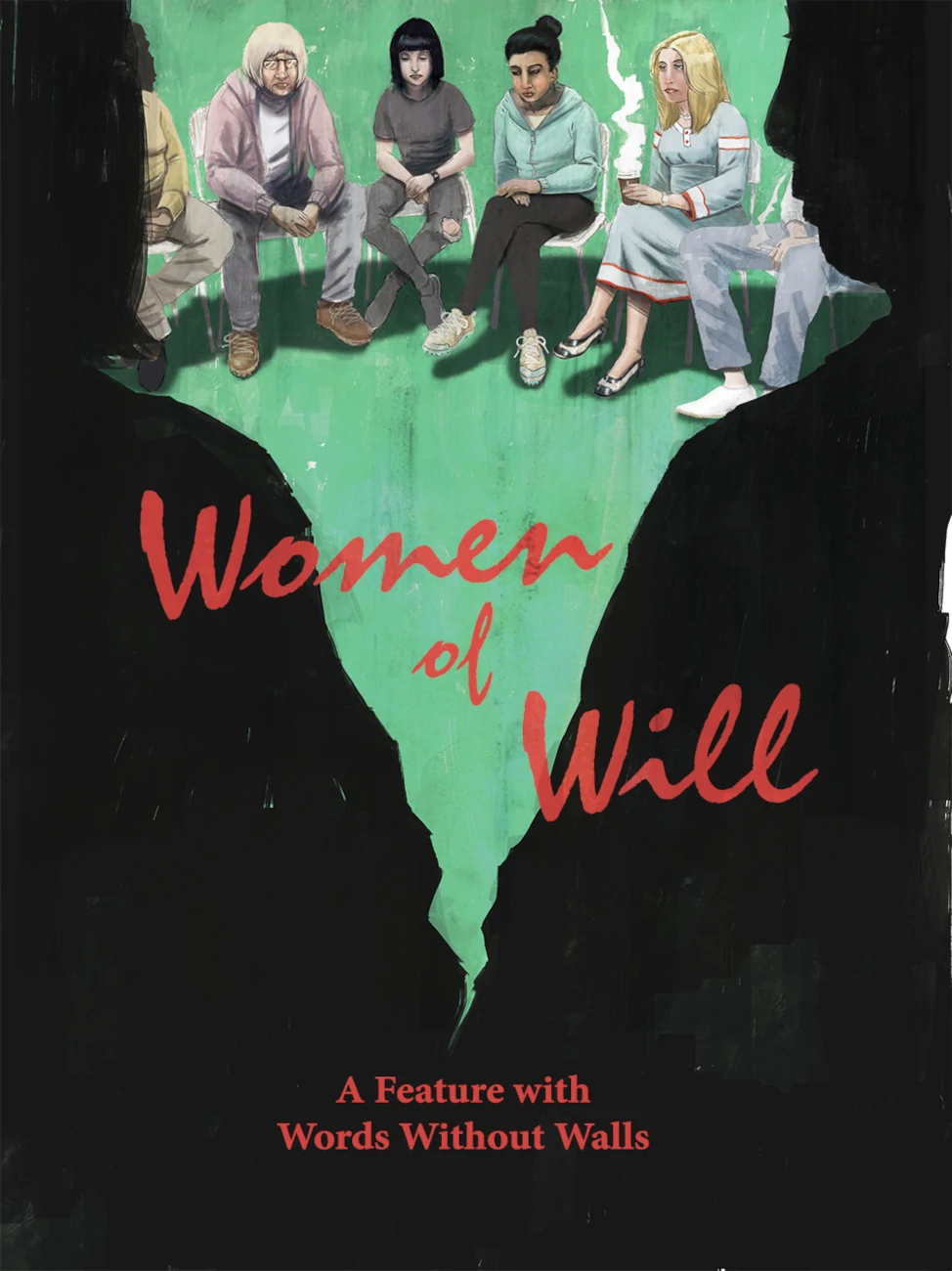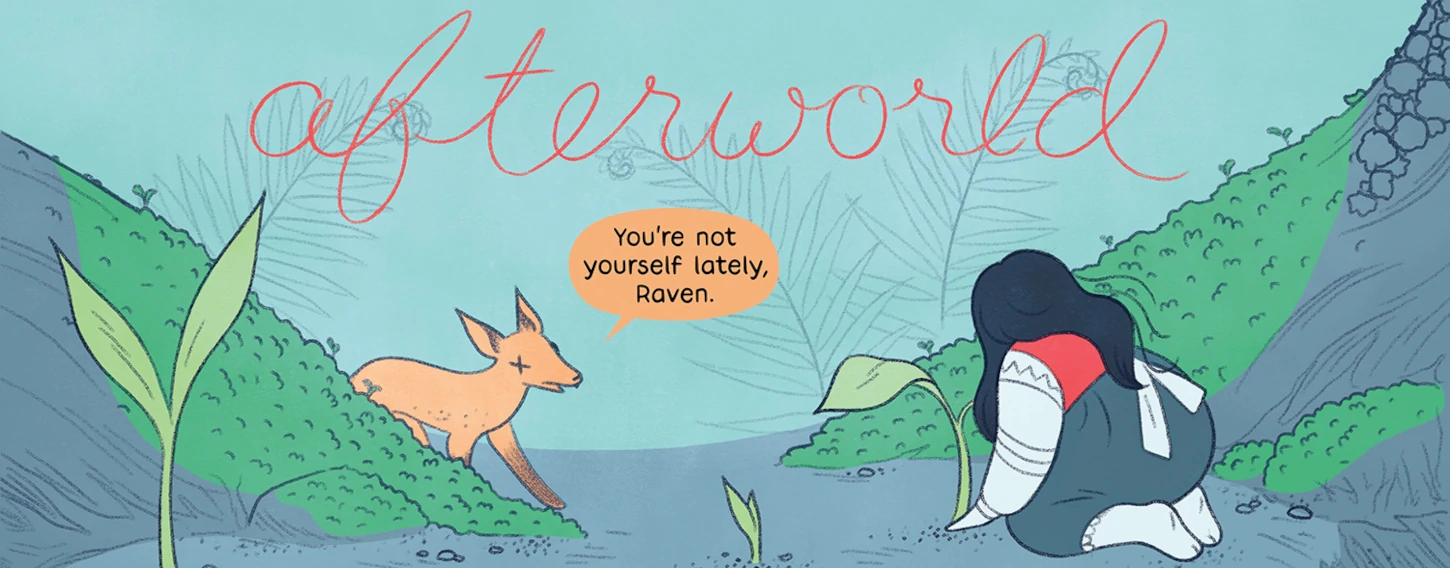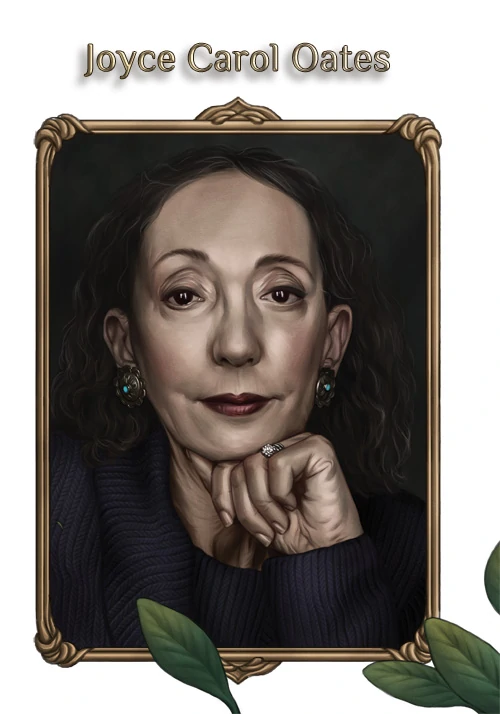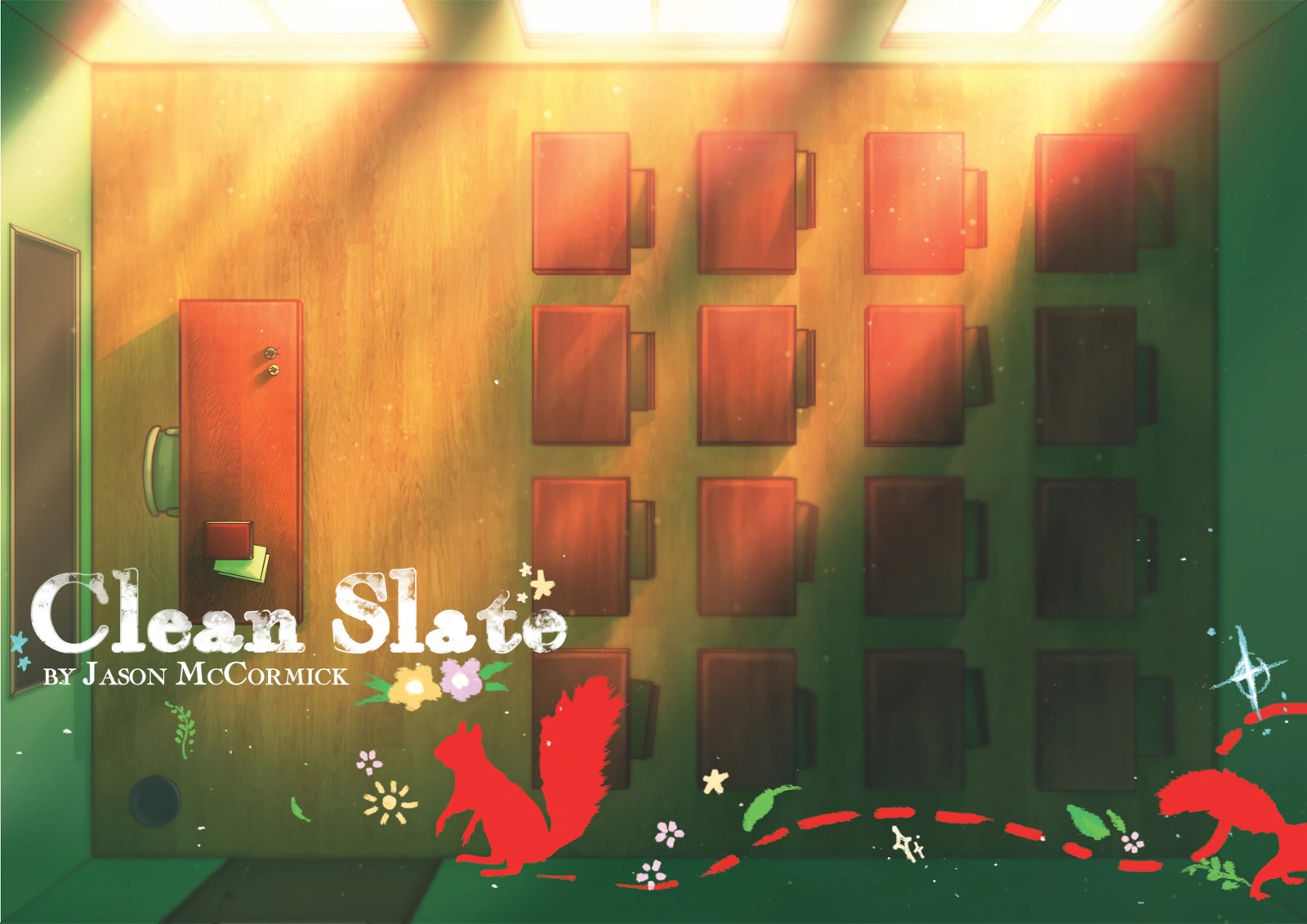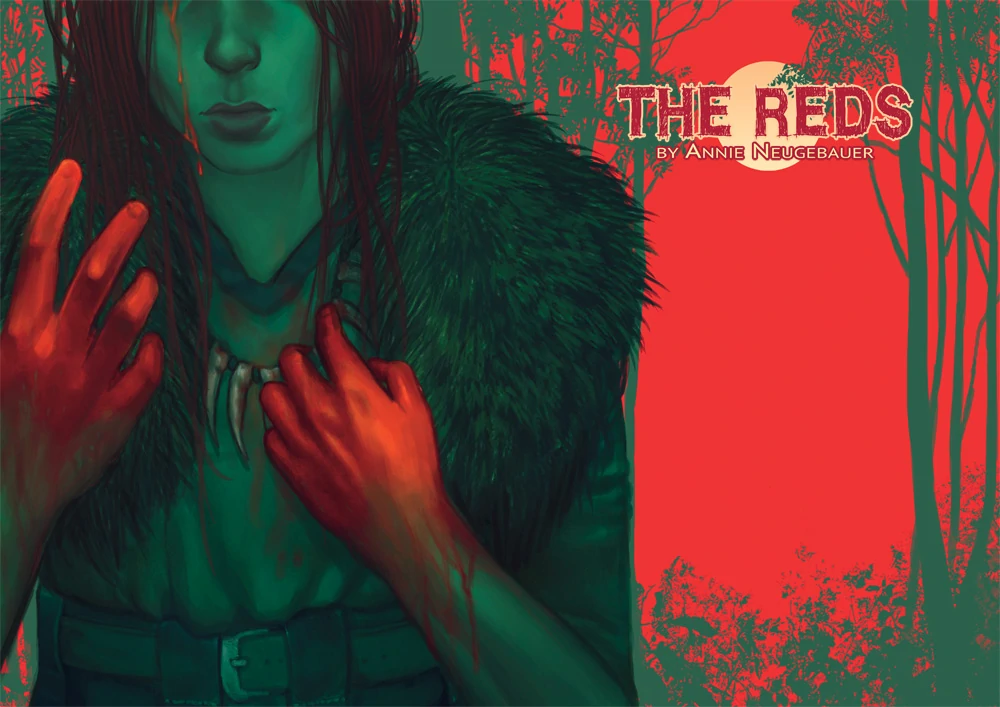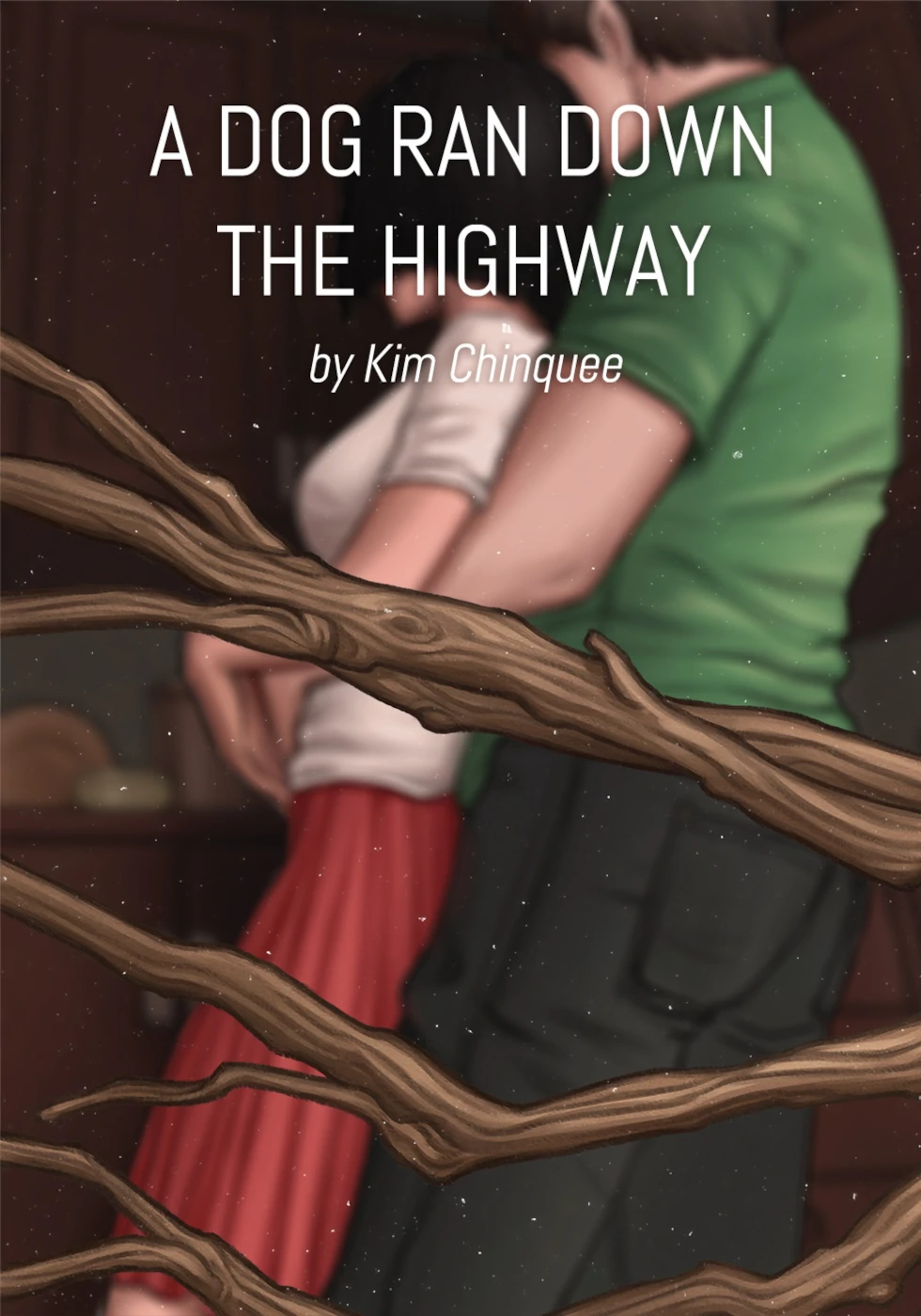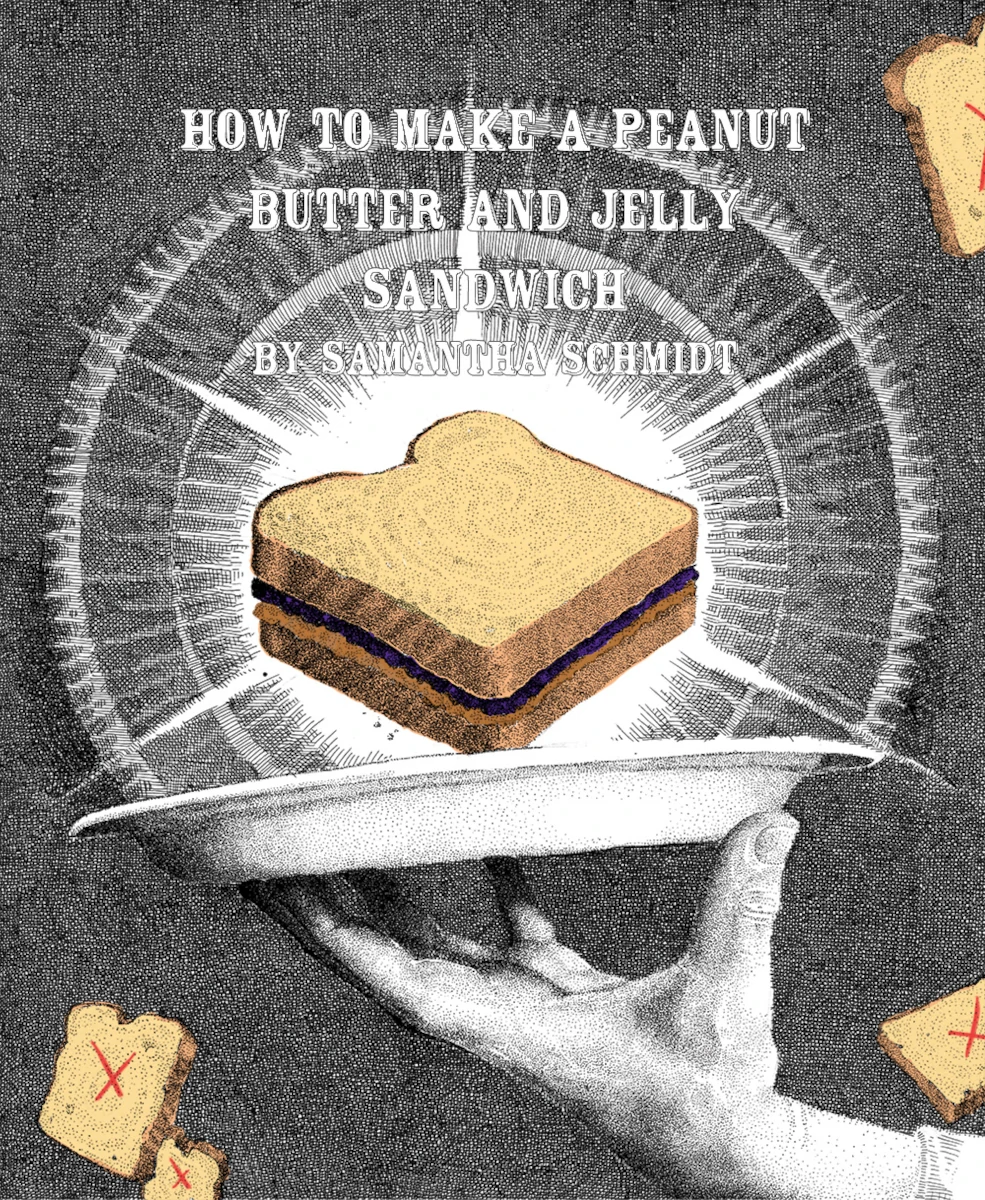I was once a classically trained chef. I studied in France, then in Italy, even did a short stint in Japan to learn the art of making a perfect sushi roll. I’ve worked in some of the finest restaurants too, right beside the greatest chefs in the world. At this point in my life most of these skills are ill used. There is little need for blanching and deglazing when you are working in an industrial kitchen with fifteen other men, turning powdered cheddar into macaroni and cheese and busting open cans of slimy chicken and mushy green beans.
But every once in a great while, every few years or so, they come to me with a dinner request scrawled in shaky letters on a scrap of paper.
“Can you make this?” they ask. “Can you make it good?”
Yes. Yes I can. And over the past thirty years I have made many a perfect meal. I’ve made coq au vin with buttered egg noodles, maple glazed ham with charred pineapple and candied parsnips, and steak, steak, steak. T-bone, ribeye, prime rib. So many of them want steak, but they want it their way, the perfect way; the way they remember from that time they went to a real BBQ joint with their dad on their thirteenth birthday; or with cinnamon and nutmeg, the way Aunt Susie used to make it every Christmas Eve.
You name it, I’ve done it. Seafood too. Lobster more than once. Any time I get an order for the big red sea bug, I send my nephew down to the docks to get it—one perfect mid-sized lobster. People often go for the giant four-pounder, but that’s a mistake. It may make for a great photo-op when you are trying to wrangle its six-inch claws into a pot of boiling water, but in the end the meat is tough.
They mess up the butter too, which is almost as important as the meat itself. You can’t just zap it in a microwave and pour it into a plastic ramequin. No. It must be melted slow, the foam top removed, cooled, and then warmed again.
When I do lobster, I leave the warming of the butter to the very end. I have everything else plated and ready to go. I allow the temperature to rise just a hair above perfection, so it can withstand the cold walk down that long narrow corridor.
I never deliver the meals myself. I never take that walk. I am just the chef. But a damn good chef I am. I have made more than a few perfect meals, over a dozen, and always on a Tuesday night.
Today is Tuesday and at 7:00 p.m. dinner will be served. The priest comes at 8:00. The doctor at 9:00. The witnesses at 9:30. Lights out at 10:00.
A peanut butter and jelly sandwich. My eyes narrow at the note that has been left for me on the countertop. No explanations, no caveats, just three neatly printed letters, PBJ.
I can offer him what no one else can, thirty years of expertise, an understanding of how it feels to be trapped in this place, of what it’s like to have the world start working against you.
I had an instructor once, early in my culinary education, who had us make boiled potatoes for a final exam. He used to say that the simple dishes were the hardest to make. That complex sauces and entrees with dozens of ingredients came with spaces in which to hide errors, but the simpler things got the smaller those spaces became.
From a tiny closet in the kitchen I pull a pressed white chefs coat. It’s the one I got when I graduated from culinary school, the one I wore to every job interview, and now the one I wear on these rare Tuesday nights. I button up the front of the jacket and look down at those three letters.
Where do I start?
Bread. I must start with the bread. White, oh yes, it must be white. Not even fresh baked or organic, but that cheap airy sort. The kind that’s smack dab in the middle of the grocery store bread aisle, the loaves twice as long as the others and two dollars cheaper. The kind you cradle on the car ride home like a newborn infant and still it arrives mutilated.
That is the kind of bread peanut butter and jelly sandwiches ought to be made of. And they should be eaten off paper plates while shooting hoops in the driveway with your friends, hand-delivered by a smiling mother who is much sweeter than your own. The kind of mother who asks if you would like chocolate or strawberry milk with your lunch and puts the cool beverage—foamy, rich, and stirred to perfection—right into your sweaty hands.
I pull a brand-new loaf from the pantry and bring it to the countertop. I grab a handful of slices and set the heel aside, because there is nothing more disappointing then opening your lunch box in a screaming cafeteria, trying to forget about the bully who knocked you down at recess, and that girl who laughed when you mispronounced “negotiate” while reading to the class, only to find that one side of your sandwich is supple and pure and the other side is the goddamn heel.
I examine the first slice. It’s too small and a bit dry. The second is moist but has a giant hole. I stick my finger through, whirl it around a few times, and fling it across the kitchen. The third also has a hole.
I pull another handful. Slice number four is hole-free but the whole right side is caved in, a serious deformity that also afflicts slices five, six, and seven.
Eight is perfect. Absolutely perfect.
Nine is a marred by a crater-sized dimple, victim of an errant air bubble.
Ten is okay.
I stack eight and ten on top of each other but they don’t line up. I flip one piece and try again. Flip the second. Still nothing. It’s useless; the slices must be adjacent, brothers cut from the same cloth.
I check two more loaves to no avail. I almost had it once, only to find that my own brutish fingers had dented the soft bread.
I step back from the countertop, grumbling. Any bum off the street could have made this sandwich by now. You do not need a chef to smear peanut butter on a slice of bread.
Then again, you don’t need a Michelin star to run a kitchen like this, but here I am anyway. Because I need to make a living and because, just like these men, I was cut off from what I love the most by a series of poor choices. An argument with a restaurant owner, a flying pot of soup du jour, an accumulation of rants and ravings I will never remember, and morning after hot morning being pulled from the pantry, hungover with whiskey on my breath. My flagrant outbursts layered themselves so thickly over my name that when that final night came, no one could see the man any more.
I grab an armful of loaves and lay the bread on the counter. Carefully unwinding the ties—while holding the end of the plastic and keeping my hands far away from the bread—I ease each loaf onto the counter. After fifteen loaves, I find them. Number 287 and 288.
Choosing the right kind of jelly is a total no-brainer. Smucker’s grape. I pull a new jar from the pantry, twist the top and smile at that oh so satisfying pop. I touch the smooth glossy surface with the tip of my finger. Perfect. It always is.
I head to the pantry for a fresh container of peanut butter, because nothing is better than seeing that smooth, caramel colored surface—sometimes riddled with little specks of nut, sometimes not.
Fuck. Smooth or chunky?
It’s a personal preference. It’s been a personal preference since the beginning of time. Adam liked his peanut butter smooth, creamy, and luscious. Eve liked hers chunky, rich, and crisp. Neither one is wrong, neither one right. Except to the individual. Then it is either absolutely right or completely wrong. There is no in between and no way of knowing, except to ask.
He is likely on the phone now with a mother, a father, a wife, or a child—saying goodbye. Excuse me sir, I realize this is the last time you will ever hear your beloved’s voice, but do you like your peanut butter smooth or chunky?
No, I do not think so.
I grab a jar of each and a spoon.
I dip into the smooth, take a big glob, shove it into my mouth, and close my eyes. It feels so right. It tastes like life when it was perfect. When all you had was moment after precious moment. Because two-year-olds don’t understand past and future, they only know the bright red of their favorite fire truck, the way it glides so effortlessly across the kitchen floor, how it climbs straight up the legs of Father as he sits in the recliner, and how it fits so perfectly in the palm of his little hand as he falls asleep in Mother’s arms.
This peanut butter is pure comfort, but for good measure and to be sure, I take a swig of water then plunge my spoon into the chunky. Damn it’s good. A bit dangerous. A bit exciting. A six-year-old would choose chunky and eat it at the top of the playground jungle gym, mouth gaping and drooling, looking down at the world.
Chunky or smooth? Smooth or chunky?
I try to focus but all I can taste is peanut butter. It lingers even as my tongue slides around in my mouth, cleaning it up, polishing my teeth, savoring the richness.
I stare at the jars on the countertop for the next thirty minutes as the tightness in my chest grows and the panic that started in my toes burns up my spine.
I am running out of time.
Chunky or smooth? I need to decide but all I can think about is this speck of peanut lodged in between my molars from the chunky. Amazing, how a tiny thing can cause such discomfort.
My tongue has it under control though and works methodically to root it out. The fleck of nut feels as huge as a boulder between my teeth, and as my tongue scrapes over it, the salty sweetness of peanut rises in my mouth.
Dinner at 7:00. Priest at 8:00. Doctor at 9:00. Witnesses at 9:30. And then, 10:00. Can a speck of peanut last that long?
When his senses are flooded by the smell of sweat and disinfectant, overwhelmed by the squeeze of the leather straps on his ankles and the cold of the chair that seeps through the fabric of his jumpsuit—when they place that hood on his head and pull it over his eyes, when all goes dark and the fear comes, more intense and burning than he ever thought possible—when he can’t decide what he fears the most, death itself or the indescribable pain, will he find that speck of peanut?
I ease my knife into the chunky and lay heap after careful heap onto number 287, smoothing it out with wide, deliberate passes of the knife, matching the thickness of each stroke like a barber cutting hair.
I spoon the jelly carefully. It matters less how much peanut butter is on the sandwich and more how much jelly alongside the peanut butter. Ratio is everything.
I myself was balanced once, early in my career—talented and driven, with a passion for food and life that swung me perilously from pole to pole. Until that night when my knuckles slammed into the jaw of a pinch-nosed critic sitting in the middle of the restaurant, arms folded, sneering.
That blow could have landed me behind these bars, but it didn’t, and yet I am here anyway. Because what is a person to do, lying flat on their back at rock bottom? What is left when the reputation of a man is infected with rot, his name akin to the black sludge that builds up in the crooks of the pipes of a kitchen sink?
I put the two pieces of bread together and it is perfect. I press down ever so slightly with the flat of my palm and the grape Smucker’s oozes out the sides.
I sharpen my best bread knife for five minutes. Then I take the blade to the bread. It cuts with ease into two perfect triangles. I place them side-by-side on a large plate.
The footsteps of the guard echo down the hall. This one walks heavy, but it doesn’t matter which one it is, they are all the same. All tired and depressed, pulling graveyard shifts, sick of the bullshit and the drama, brushing insults and curses off their uniforms like settled dust, thinking of their ladies and their babies asleep in their beds and not about the danger behind locked doors, and certainly not about a peanut butter and jelly sandwich on a white porcelain plate.
The boots of the guard hit the kitchen floor.
“Is it ready?”
“Yes,” I answer, “but I’ll take it myself.”
